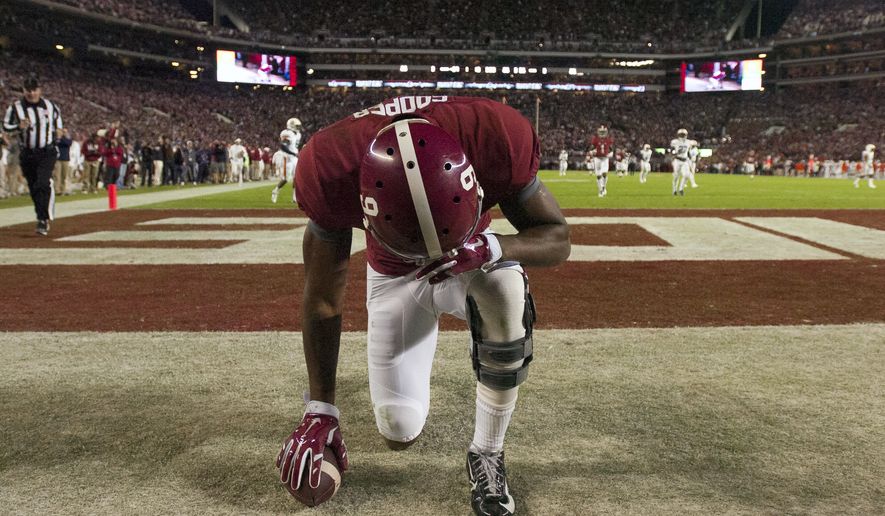A Christian school in Florida is arguing for its right to air prayers on the loudspeaker at state championship sports events, pointing to the Supreme Court’s ruling this summer in favor of a Washington state public high school football coach who prayed on the 50-yard-line after games.
Cambridge Christian School in Tampa, Florida, filed an appeal with the U.S. Circuit Court of Appeals for the Eleventh Circuit this week, asking the court to reverse a lower court’s ruling siding with the Florida High School Athletic Association, which banned the prayers.
The Florida High School Athletic Association issued a new rule in 2015 preventing two Christian schools from broadcasting a pre-game prayer over the loudspeaker before a championship game played at the Citrus Bowl, a stadium owned and operated by the city of Orlando. However, prayers were allowed during regular games, according to court papers.
“The Constitution protects the best of our traditions, like prayer before a sporting event, from censorship,” said Jeremy Dys, senior counsel for First Liberty Institute, a pro-religious liberty legal group that represented Coach Joseph Kennedy in his successful Supreme Court fight.
“Rather than respect the First Amendment’s double protection for religious expression, the lower court would have us silence it. We hope the Eleventh Circuit will correct the lower court’s decision by reminding us all that the Constitution protects religious speech, even when it occurs on government property,” Mr. Dys added.
The Supreme Court ruled in June for Mr. Kennedy after he was fired by the local public school district for praying at the 50-yard line immediately after games, saying the government can’t punish him for personal, private religious expression.
The 6-3 ruling, authored by Justice Neil M. Gorsuch, said the prayers were private, and the coach didn’t force students to participate.
“The Constitution and the best of our traditions counsel mutual respect and tolerance, not censorship and suppression, for religious and nonreligious views alike,” Justice Gorsuch wrote for the court.
The 11th Circuit will determine if the high court’s recent precedent extends to praying aloud over a speaker at state championship games.
Robert Tuttle, a law professor at George Washington University, said the high court likely won’t overrule a separate Establishment Clause case from 2000, Santa Fe Independent School District v. Doe, that prohibited student-led prayer over a loudspeaker, ruling it was public speech and not private.
“My guess is that the district court will read Kennedy narrowly and distinguish between private personal prayer and school-sponsored public prayer. The Supreme Court doesn’t usually like lower courts overruling court precedent … and this case would have that effect,” Mr. Tuttle said.
An official from the Florida High School Athletic Association had allowed pre-game prayers in prior years between Christian schools, but banned them in 2015, saying the stadium itself was public and paid for with tax dollars. The official also said that the FHSAA was a “state actor” and had to separate church and state activity, according to the court filing.
The schools prayed on the field during the 2015 championship game, without the loudspeaker. Parents in the stands, though, complained they were not able to hear the prayer and take part in it.
A spokesperson from the FHSAA did not immediately respond to a request for comment about the appeal.
• Alex Swoyer can be reached at aswoyer@washingtontimes.com.




Please read our comment policy before commenting.